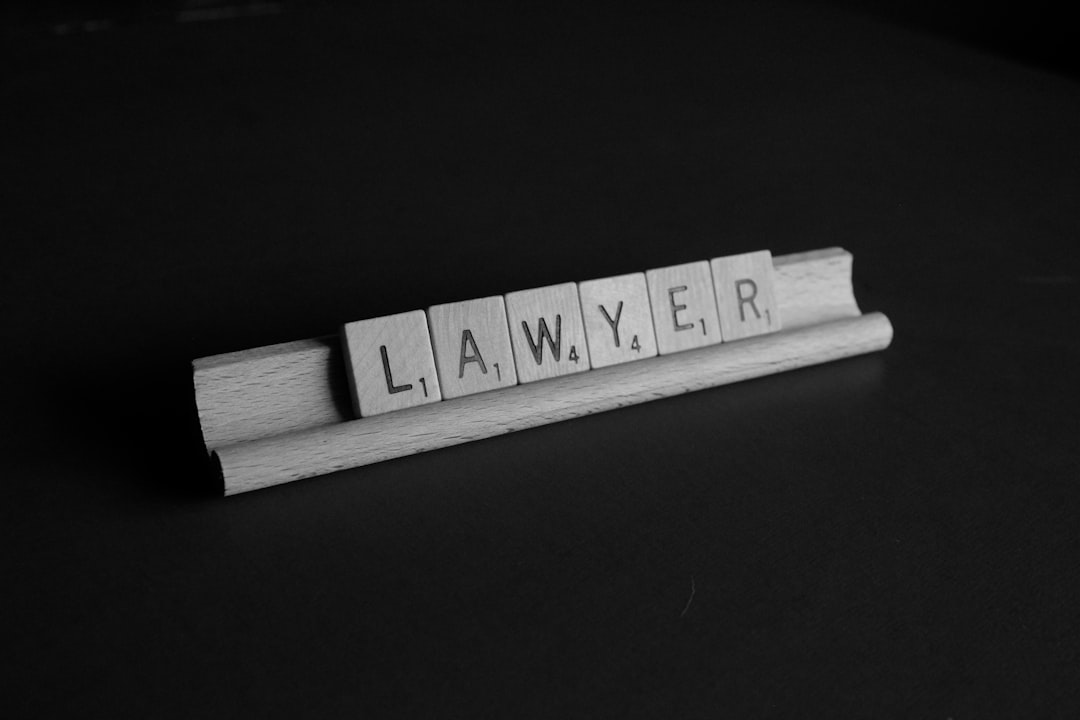Protecting client data in law offices is crucial using secure equipment like encrypted software and cloud storage. Regular updates, staff training, adherence to privacy laws (GDPR, CCPA), and robust security measures maintain public trust and avoid legal repercussions. Implementing encryption, multi-factor authentication, and safe communication channels ensures confidentiality, making advanced law office equipment essential for digital age data protection.
In the digital age, securing client data is paramount for law offices. This comprehensive guide explores essential tools and best practices to safeguard sensitive information in legal settings. We delve into understanding data security, identifying critical hardware and software solutions, and implementing robust storage and access protocols. From encryption techniques to secure communication channels, discover how law office equipment can be fortified against potential threats, ensuring client confidentiality and upholding ethical standards.
- Understanding Client Data Security in Law Offices
- Essential Tools for Protecting Sensitive Information
- Best Practices for Secure Data Storage and Access
- Encryption: A Strong Defense for Confidential Files
- Choosing Secure Communication Channels for Clients
Understanding Client Data Security in Law Offices
In law offices, client data security is paramount. With sensitive information ranging from personal details to legal strategies, ensuring confidentiality and integrity is non-negotiable. Law office equipment, such as secure document storage systems, encrypted software, and access control mechanisms, plays a crucial role in safeguarding this critical data. These tools not only protect against physical theft but also digital breaches, which are increasingly common threats in today’s interconnected world.
Implementing robust security measures requires a comprehensive approach. Regular updates to law office equipment, staff training on data protection protocols, and strict adherence to privacy regulations like GDPR or CCPA are essential components of this strategy. By prioritizing client data security, law offices can maintain public trust, avoid legal repercussions, and ensure their reputation as guardians of confidential information remains intact in the digital age.
Essential Tools for Protecting Sensitive Information
In today’s digital age, protecting sensitive client data is paramount, especially within law offices where confidentiality is non-negotiable. The right tools play a crucial role in safeguarding this information from potential threats and breaches. Law office equipment designed with security features offers a robust defense against cybercriminals and unauthorized access. Encryption software, for instance, transforms data into unreadable formats, ensuring only authorized personnel can decode and access it.
Furthermore, secure cloud storage systems provide an additional layer of protection by storing data remotely, allowing access through robust authentication methods. These tools are not just necessary but essential for maintaining the integrity and privacy of client information. By implementing these security measures, law offices can confidently navigate the digital landscape while ensuring their clients’ sensitive details remain strictly confidential.
Best Practices for Secure Data Storage and Access
Storing and accessing client data securely is paramount in any law office. To ensure confidentiality, organizations should implement robust encryption protocols for all data at rest and in transit. Using secure cloud storage solutions with access controls tailored to user roles is a best practice. Additionally, multi-factor authentication (MFA) adds an extra layer of protection, preventing unauthorized access even if login credentials are compromised.
Regular security audits and updates to law office equipment, software, and network configurations are essential. Keeping systems patched reduces vulnerabilities exploited by cybercriminals. It’s also crucial to educate staff on cybersecurity best practices, including recognizing phishing attempts and using strong passwords. This combined approach fosters a secure environment for managing sensitive client data.
Encryption: A Strong Defense for Confidential Files
Encryption serves as a robust defense mechanism for confidential files within law office equipment, ensuring that sensitive data remains secure even if accessed by unauthorized parties. By converting plain text into unreadable code, encryption safeguards against data breaches and unauthorized disclosure. This is particularly critical in the legal field, where clients entrust their personal and case-related information to law firms.
Advanced encryption algorithms, such as AES-256, provide a high level of security, making it nearly impossible for hackers to decipher encrypted data without the proper decryption key. Law offices can implement encryption across various devices and storage media, from computers and servers to external hard drives and cloud storage solutions, creating an impenetrable shield for their clients’ confidential files.
Choosing Secure Communication Channels for Clients
When selecting secure communication channels for clients in a law office, it’s crucial to consider tools that offer encrypted data transmission and robust access controls. Law office equipment should include features like end-to-end encryption for emails and messaging platforms, ensuring sensitive client information remains confidential during transit. Additionally, implementing virtual private networks (VPNs) enhances security when accessing files or communicating remotely.
Choosing channels with multi-factor authentication adds another layer of protection, mitigating the risk of unauthorized access. Reliable law office equipment should also support secure file sharing through cloud storage platforms with data encryption at rest, aligning with industry standards and legal obligations to protect client privacy.
Protecting client data is paramount in law offices, necessitating a comprehensive approach to security. By implementing essential tools, best practices, and secure communication channels, legal professionals can ensure the confidentiality of sensitive information. Encryption stands as a robust defense against unauthorized access, while choosing the right technology, like secure data storage solutions, reinforces data protection. Embracing these measures not only safeguards client privacy but also cultivates trust in the legal services provided. Outfitting law offices with appropriate equipment is an investment in both security and client satisfaction.
